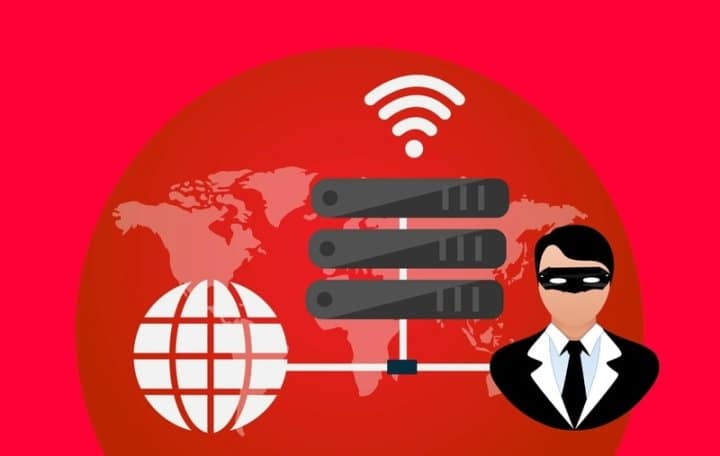In today’s digital age, the importance of identity verification and authentication cannot be overstated. As more and more transactions and interactions take place online, the need for secure and reliable identity systems becomes paramount. In this article, we will explore the advantages and benefits of Civic (CVC), a blockchain-based identity verification platform, in comparison to traditional identity systems.By understanding the unique features and capabilities of Civic, businesses, and individuals can make informed decisions about adopting this innovative solution. If you are into Cryptocurrency, you may need to know about Chainlink and decentralized finance.

Enhanced Security and Privacy
One of the key advantages of Civic is its enhanced security and privacy features. Traditional identity systems often rely on centralized databases that store sensitive personal information. Unfortunately, these databases are susceptible to data breaches and hacking attempts, putting individuals’ identities at risk. In contrast, Civic leverages blockchain technology, which provides a decentralized and immutable ledger. This means that personal information is not stored in a single vulnerable location but is distributed across a network of computers, making it significantly more secure against unauthorized access.
Moreover, Civic employs advanced encryption techniques to safeguard user data, ensuring that identities remain private and protected. The platform enables users to control their personal information by granting permission for specific entities to access it. This decentralized approach to identity verification instills trust and confidence in users, as they have more control over their data and are less vulnerable to identity theft or misuse.
Seamless User Experience
Civic offers a seamless and user-friendly experience, streamlining the identity verification process for businesses and individuals alike. Traditional systems often involve arduous and time-consuming procedures, requiring users to submit physical documents, undergo manual verification, and face delays in the approval process. This not only causes frustration but also hampers efficiency.
With Civic, the verification process is simplified and accelerated. Users can securely store their personal information on their mobile devices using the Civic app, eliminating the need for cumbersome paperwork. When interacting with businesses or service providers that support Civic, users can share their verified identity data with a simple tap, reducing friction and enhancing convenience. This frictionless experience benefits both users and organizations, enabling faster onboarding, reducing operational costs, and improving customer satisfaction.
Global Reach and Interoperability
Unlike traditional identity systems that are often limited to specific geographical regions, Civic offers global reach and interoperability. In a digital world where individuals and businesses operate across borders, having an identity solution that transcends boundaries is crucial. Civic’s blockchain-based platform allows for seamless verification and authentication across different jurisdictions, making it ideal for international transactions and collaborations.
Furthermore, Civic’s commitment to open standards and protocols enables interoperability with other identity systems and platforms. This means that Civic can seamlessly integrate with existing infrastructure, such as government databases, financial institutions, and online marketplaces. By connecting these disparate systems, Civic empowers individuals to navigate the digital landscape more effectively and facilitates trust and transparency in online interactions.
Cost and Efficiency
Cost and efficiency are crucial factors to consider when evaluating an identity system. Traditional systems typically require extensive administrative efforts, such as manual verification processes, document storage, and centralized database maintenance. These aspects contribute to increased operational expenses and slower processing times.
In contrast, Civic offers a blockchain-based solution that tackles these challenges head-on. By automating and streamlining the identity verification process, Civic significantly reduces the need for manual interventions. This automation translates into substantial cost savings for businesses. Furthermore, the speed and efficiency of blockchain transactions enable near-instantaneous verification, leading to improved operational efficiency and a more seamless user experience.
By adopting Civic’s innovative platform, businesses and individuals can benefit from a cost-effective and efficient identity verification system that enhances security and streamlines processes.
Conclusion
Civic (CVC) offers a compelling alternative to traditional identity systems, revolutionizing the way we verify and authenticate our identities in the digital realm. With enhanced security, seamless user experience, global reach, and cost efficiency, Civic empowers individuals and businesses with a trusted and reliable identity solution. By embracing the advantages and benefits of Civic, organizations can strengthen their security measures, streamline operations, and build trust with their customers.

